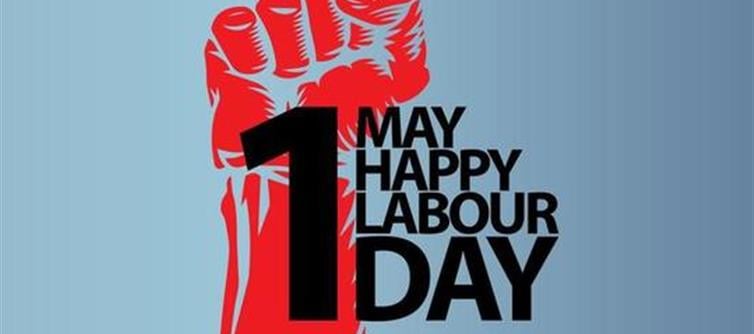
May Day is observed on May 1st and serves two main purposes, rooted in both ancient tradition and modern labor history. Originally, it was celebrated as a spring festival in many cultures, particularly in Europe, marking the return of warmth and fertility to the land. people would gather flowers, dance around maypoles, and celebrate the renewal of life. These joyful customs were connected to nature and agriculture, celebrating the Earth's ability to provide for human needs.
In the 19th century, May Day took on a new meaning as international Workers’ Day. This shift began with labor movements in the united states and Europe, as workers demanded better conditions, fair wages, and an eight-hour workday. One of the key events was the Haymarket affair in Chicago in 1886, where a peaceful labor rally turned violent after a bomb was thrown at police. This incident became a symbol of the workers' struggle, and May 1st was chosen to honor their fight for rights and justice.
Today, May Day is recognized around the world as a day of labor solidarity. In many countries, especially those with strong labor traditions, it is a public holiday. workers and unions hold rallies, marches, and speeches to advocate for workers' rights and celebrate achievements in labor reform. It is a day to remember past struggles and renew the call for dignity and fairness in the workplace.
Despite its official recognition in many countries, May Day is not a public holiday in the united states, where Labor Day is celebrated in september instead. However, various labor groups still mark May 1st with protests and events, linking American workers to a global movement. In contrast, nations like France, Germany, and brazil often see large-scale May Day demonstrations organized by labor unions and political groups.
The purpose of May Day is twofold: it celebrates the arrival of spring and the natural world, and it also serves as a powerful symbol of workers’ rights and social justice. Its observance reminds us of the interconnectedness of humanity, labor, and nature—and the ongoing need to fight for fair treatment and respect in both the workplace and society.




 click and follow Indiaherald WhatsApp channel
click and follow Indiaherald WhatsApp channel